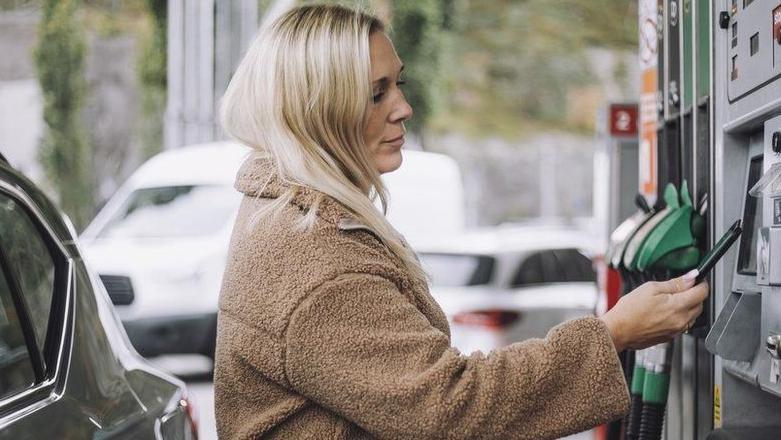'Massive impact' on rural life if fuel duty rises
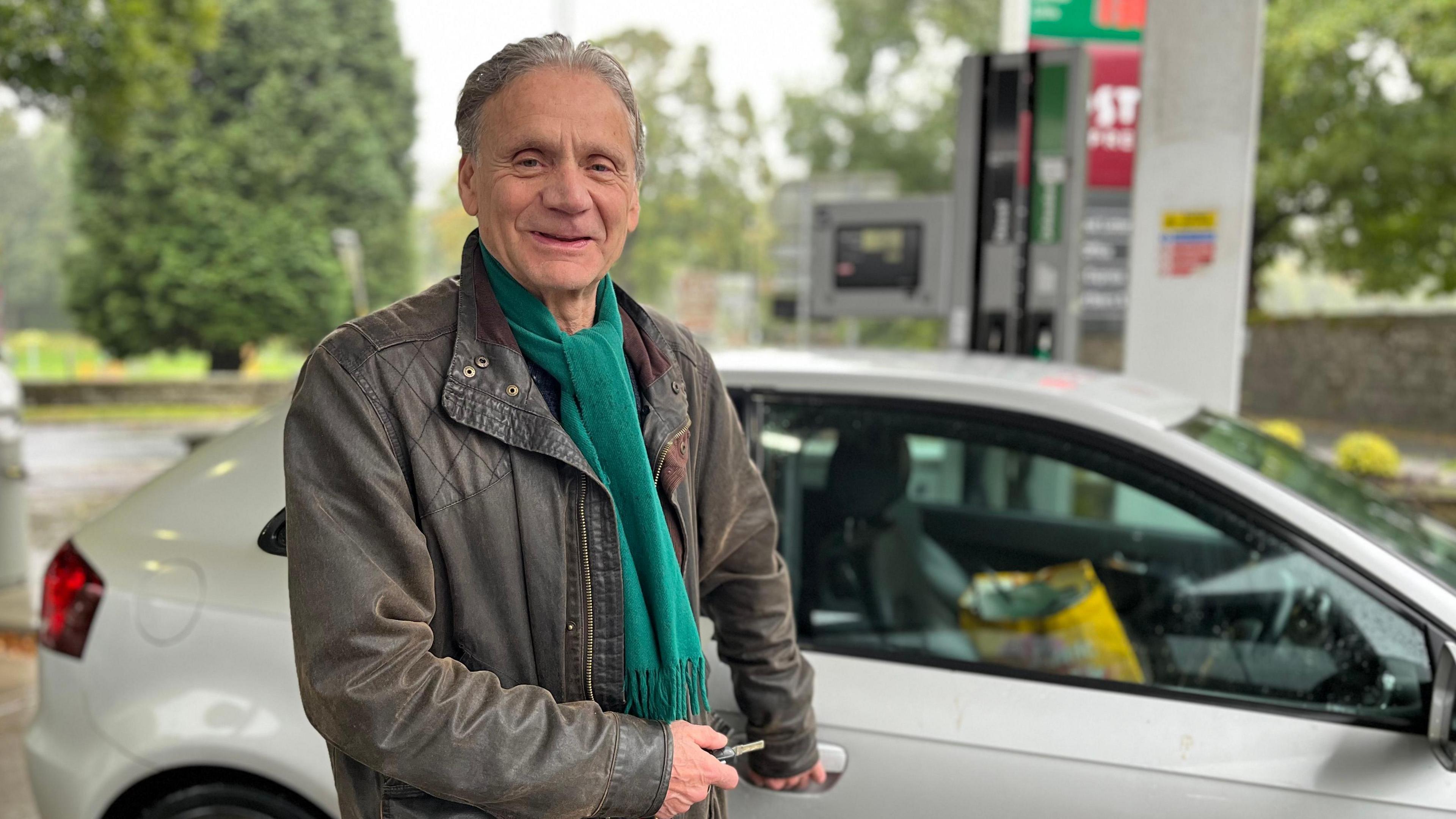
Jonathan Levy says he will ask his employer for help with fuel costs if prices rise
- Published
As the Labour government prepares to deliver its first Budget, people living in rural communities are bracing themselves for a potential rise in fuel duty.
There is only one petrol station in the pretty Yorkshire Dales market town of Pateley Bridge, where there is no train station and only three bus routes.
Customers of the Dales Market Corner and Petrol Filling Station, who rely heavily on their vehicles, tell the BBC of the impact any rise in fuel duty would have on their lives.
'Cut off and isolated'
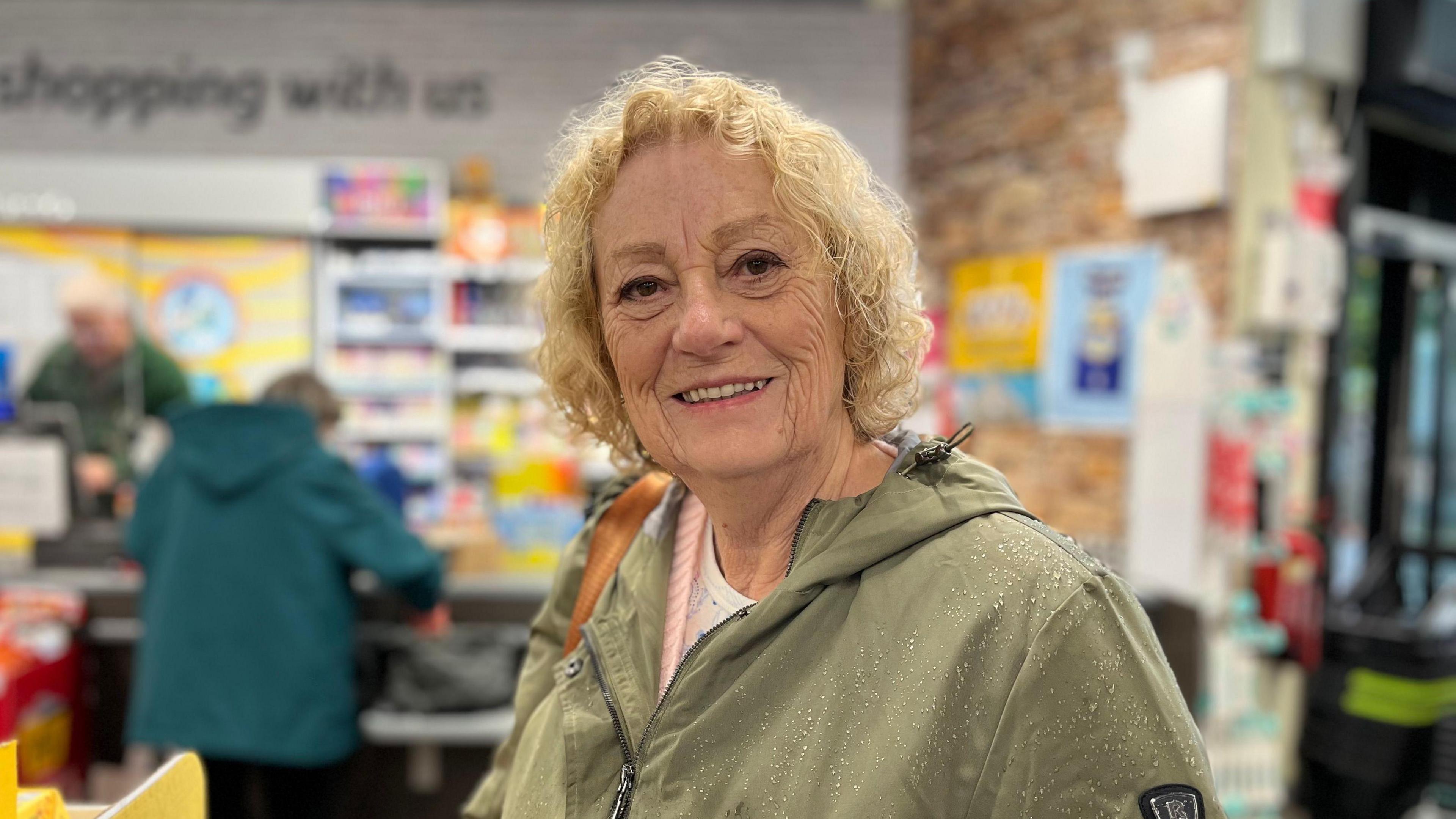
Elaine Graham worries she will have to reduce her number of car journeys
Elaine Graham is retired and lives in Fell Beck near Pateley Bridge.
Elaine relies on her car daily - but would have to reduce her number of journeys if fuel prices rose further.
She says: "I've only got my pension and I need fuel to travel.
"I wouldn't be able to see my friends and family, I'd be completely cut off and isolated."
Elaine says she is worried about the Budget: "With them cutting the winter fuel allowance and food prices going up, I don't know how us ordinary pensioners are going to live, especially in the rural communities.
"We can't use our bus passes because there are not many buses to catch."
'Tourism would suffer'
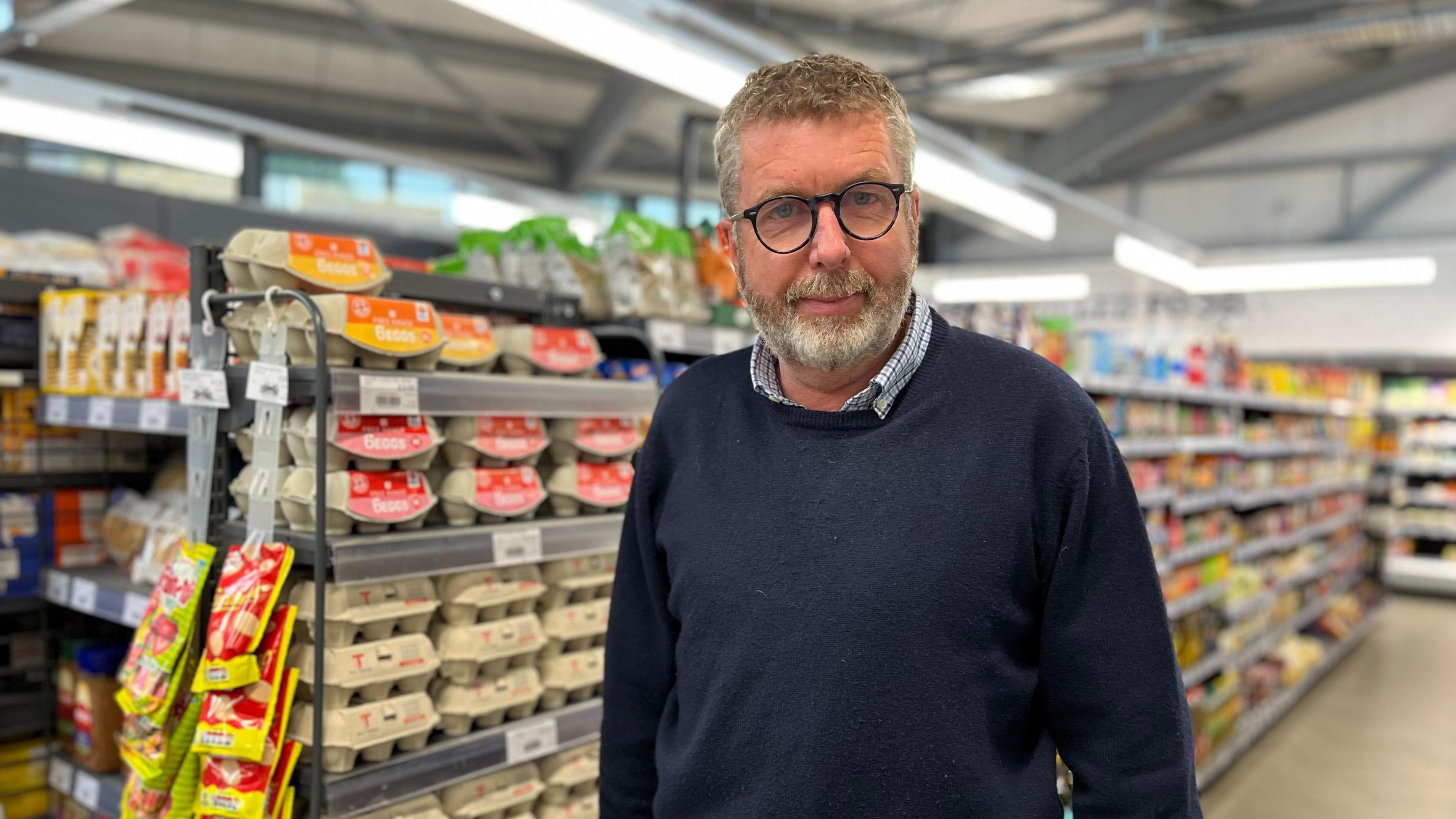
Ian Walker, who runs a holiday park, is concerned about the impact on tourism
Ian Walker, who lives in Dacre Banks, runs Studfold caravan park and adventure trail in Lofthouse at the top of Nidderdale.
"We get a lot of young families up there," he says.
"It's about getting people out in the countryside away from screens and tablets.
"The beauty of the upper dale is it's a long way away from anywhere.
"Our business is very much to do with tourism so if fuel duty went up and people couldn't afford to come to us then our tourism would suffer."
Ian wants to see help for rural businesses in the Budget: "We tend to pay more for our petrol to start with because of delivery costs and things like that.
"Petrol is usually cheaper in towns and cities than it is out in the countryside."
'Huge impact'
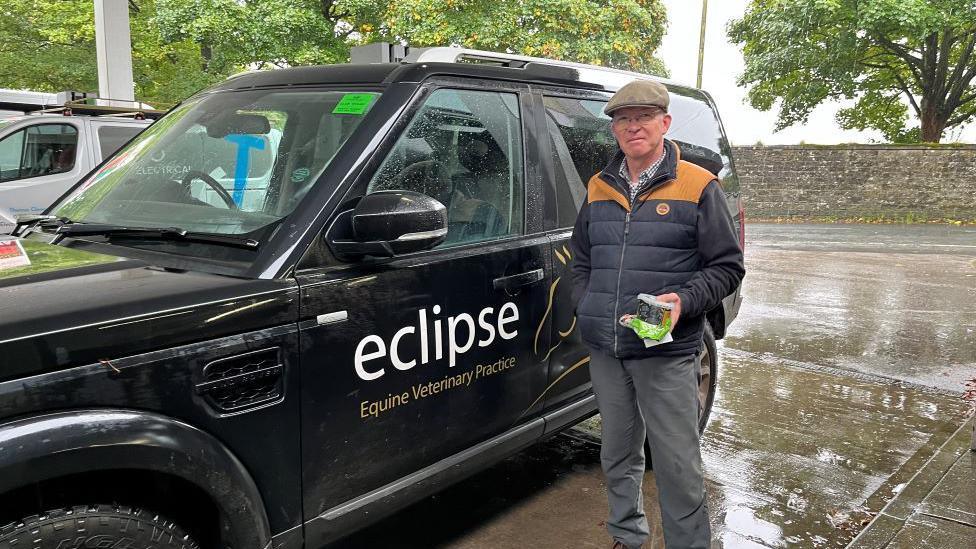
Mobile vet Richard Sutcliffe spends much of his day on the road
Richard Sutcliffe lives in North Rigton near Harrogate and runs an equine veterinary business in Pateley Bridge, so spends much of his day on the road.
He spends about £250 a week on fuel so a small increase in fuel duty would have a "huge impact in the cost of delivering services".
Richard would like to see help for employers and small businesses in the Budget.
But he says: "I don't think that's going to happen, I think it'll be the other way around.
"I can't see them being very small business-friendly."
'Not good news'
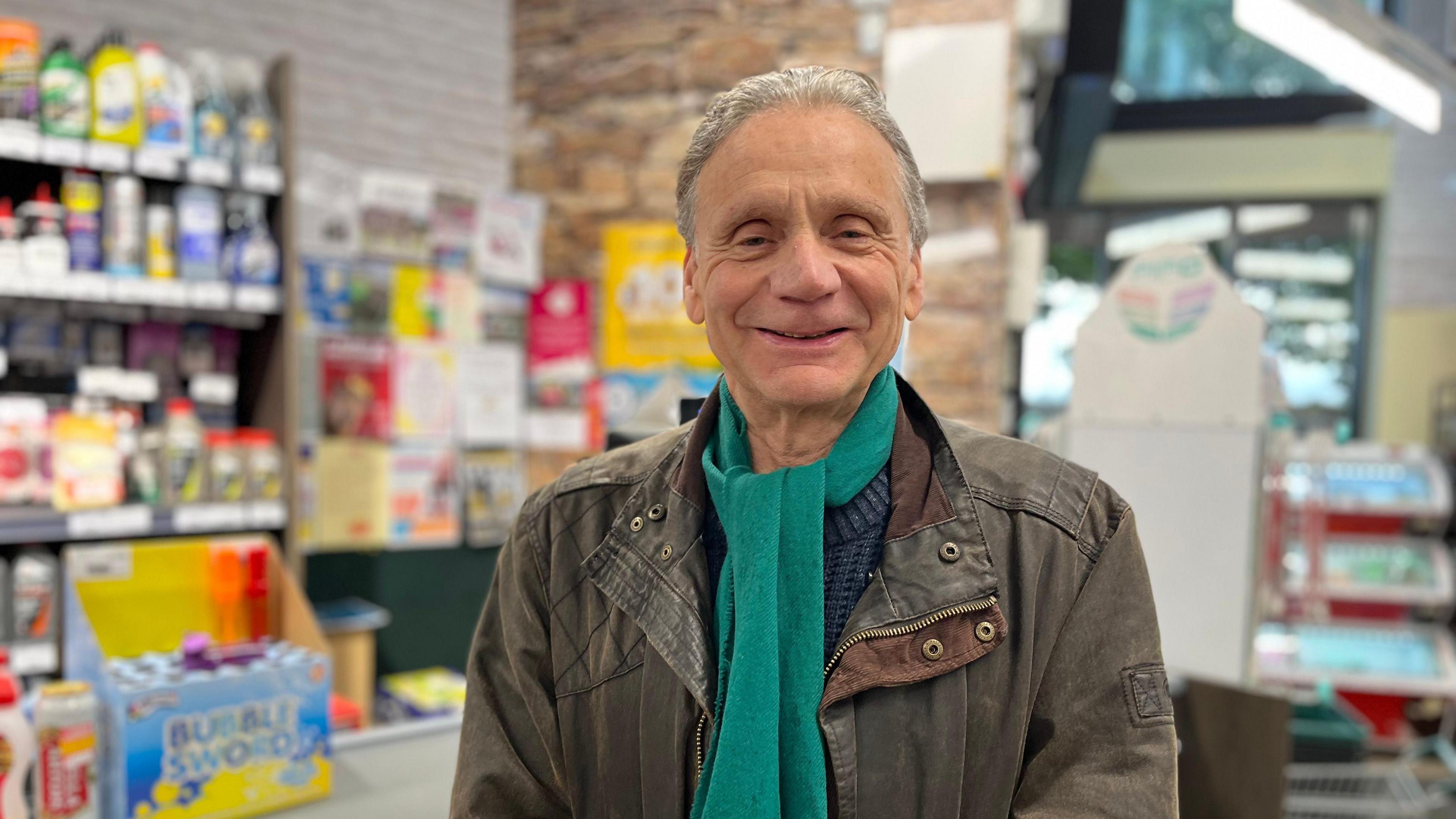
Jonathan Levy says Pateley Bridge is not well served by public transport
Jonathan Levy is a pensioner living in Pateley Bridge, and works part-time as a chef in a care home in Ripon.
"The bus services are not great and they keep reducing them," he says.
"It will have a massive impact if the price of petrol goes up because people drive to Harrogate and Ripon to work.
"It will affect all those people who are commuting.
"If petrol prices go up it'll make things a lot tighter."
If fuel duty does go up, Jonathan is planning to ask his employer if they will help meet that extra cost.
He says: "I realise everyone is having to restrain themselves but more rises in utilities and petrol and stuff, it's not good news.
"Everything has got more and more expensive over the last few years so if we're going to get news of further price increases it's not good.
"Not all of us can afford those price increases."
'Rural areas hit more'
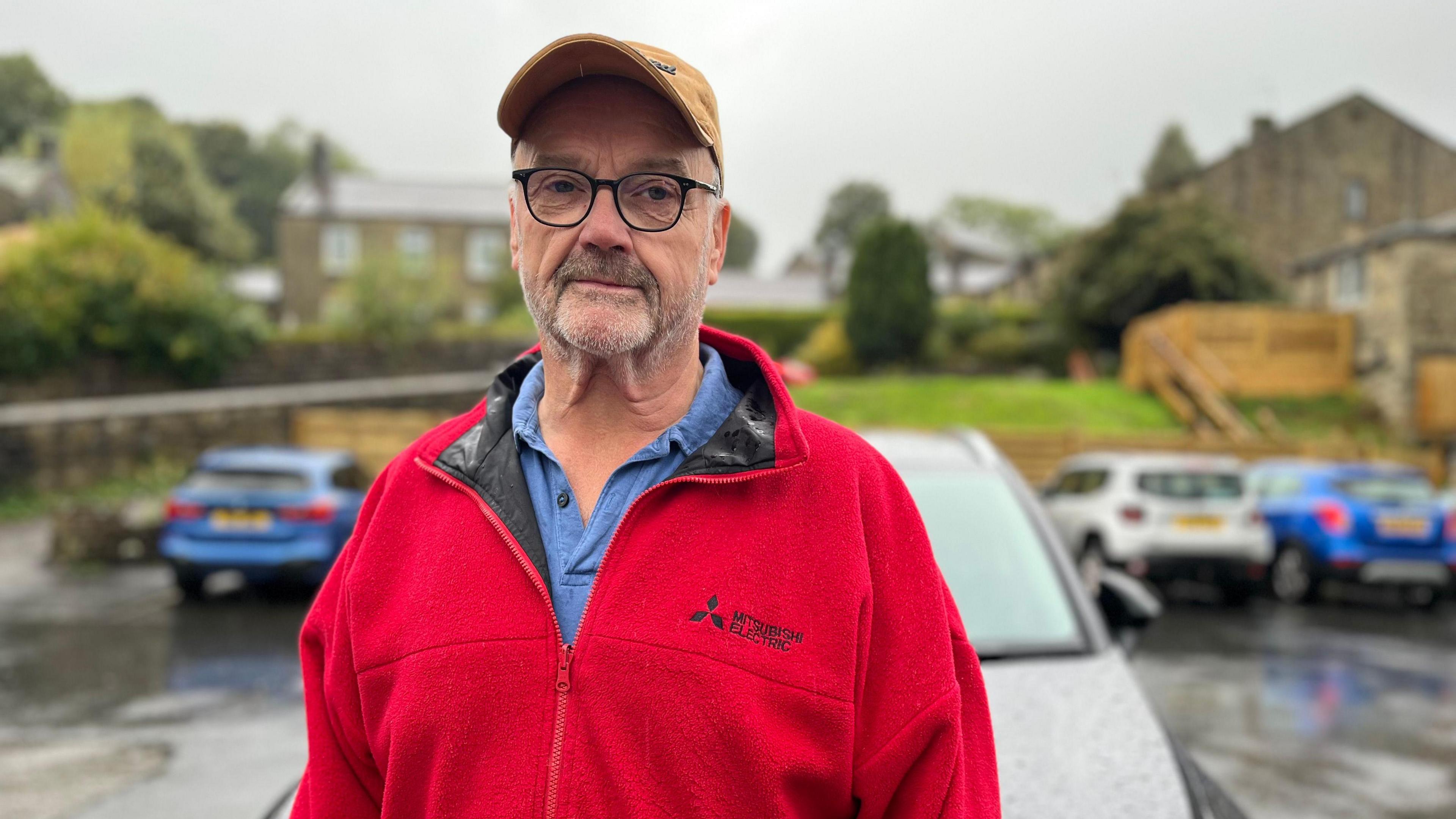
Granville Heaton has a 30-mile daily round trip as he cares for his uncle in Harrogate
Granville Heaton, who is retired and lives in Glasshouses near Pateley Bridge, visits his uncle every day in Harrogate to take him a paper and do his shopping.
He says: "I'm doing a 30-mile round trip every day as a minimum so petrol is a big cost to me over the year."
He spends between £100 and £150 a week on fuel so any increase in fuel duty will affect him "greatly".
"People who live in rural areas will definitely be hit more."
Listen to highlights from North Yorkshire on BBC Sounds, catch up with the latest episode of Look North or tell us a story you think we should be covering here, external.
Related topics
- Published4 October 2024
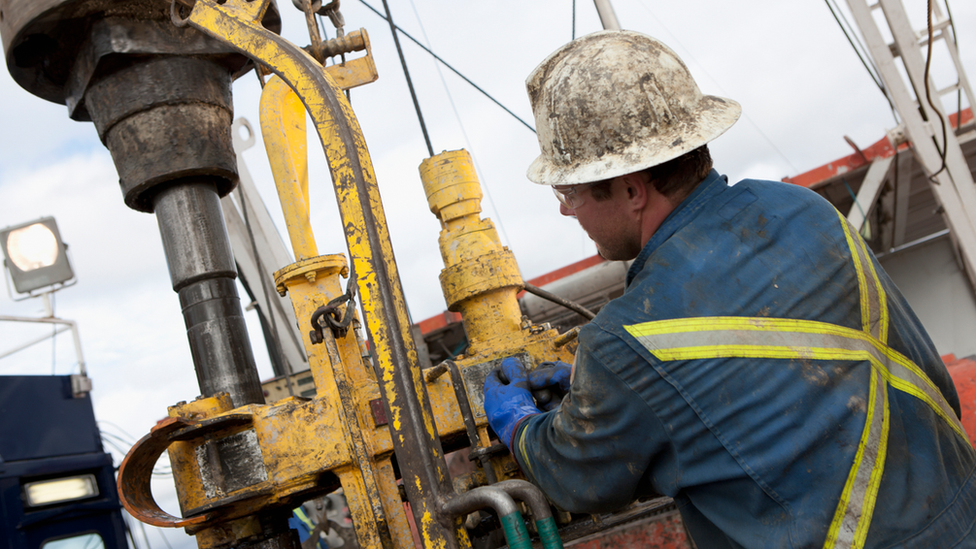
- Published25 September 2024
